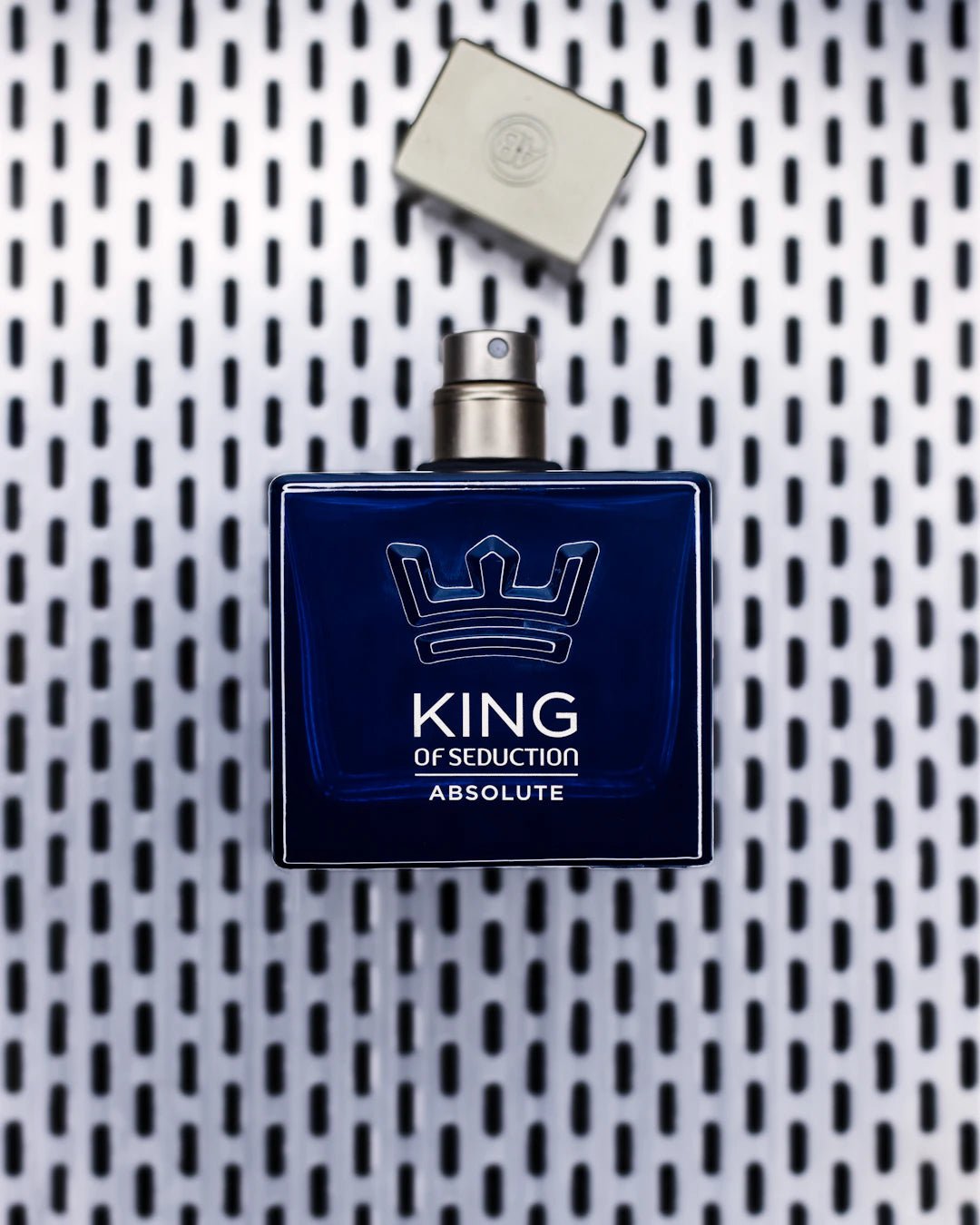Frequently Asked Questions
1. What are DIY odor eliminators?
2. Why should I choose DIY odor eliminators over commercial products?
3. What ingredients can I use to create odor eliminators?
4. How can I make a simple baking soda air freshener?
5. When is it appropriate to use DIY odor eliminators?
If you've ever walked into a room and been hit by an unpleasant smell, you know how important it is to maintain a fresh, clean environment. Personal care and home care products labeled as odor eliminators can often contain harsh chemicals that you might prefer to avoid. That's where DIY solutions come in! In this blog post, we will explore how to create your own effective odor eliminators using simple, natural ingredients. Not only are these methods budget-friendly, but they are also environmentally conscious.
Understanding Odors
Before we delve into the methods of crafting your own odor eliminators, it's important to understand what causes bad odors in the first place. Odors are typically caused by an accumulation of bacteria, mold, or even organic waste. When these elements break down, they release volatile compounds that result in unpleasant smells. By eliminating these sources or neutralizing their smell effectively, you can reclaim the freshness of your home.
Why DIY Odor Eliminators?
Artificial odor eliminators can mask smells instead of actually eliminating the source of the odor. Crafting your own odor eliminators allows you to:
- Choose natural ingredients that are safe for your family and pets.
- Customize scents to your preference.
- Save money compared to store-bought options.
- Reduce your carbon footprint by avoiding plastic packaging.
Essential Ingredients for Odor Eliminators
To create powerful odor eliminators, a few common household ingredients can work wonders.
Baking Soda
Baking soda is a natural deodorizer that absorbs and neutralizes odors rather than just masking them. Its alkaline properties make it an effective solution for eliminating acid-based odors.
Essential Oils
Essential oils not only provide pleasant scents but also have antimicrobial properties. Popular options include:
- Lavender: Known for its calming effects.
- Lemon: Offers a refreshing and uplifting scent.
- Pine: Provides a natural and woodsy aroma.
Vinegar
White vinegar is another powerhouse when it comes to neutralizing odors. It can absorb and eliminate smells, leaving a fresh scent in its wake.
Activated Charcoal
Activated charcoal is renowned for its ability to absorb toxins and odors. It can be placed in various areas of your home to maintain freshness.
How to Make Your Own Odor Eliminators
Now that we've covered the ingredients, let’s dive into specific recipes for creating your very own odor eliminators.
DIY Baking Soda Air Freshener
This simple method utilizes baking soda's odor-absorbing properties. Here’s how to do it:
- Take a small jar or bowl.
- Add about half a cup of baking soda.
- Pour in 10-15 drops of your favorite essential oil.
- Stir well to combine.
- Cover the jar with a piece of fabric or cheesecloth, securing it with a rubber band. This allows the scent to disperse while keeping the baking soda contained.
Place this air freshener in areas that need a little extra freshness, such as the kitchen or bathroom.
Vinegar-Based Odor Neutralizer
This method is fantastic for deodorizing fabrics and surfaces:
- In a spray bottle, mix equal parts white vinegar and water.
- Optionally, add 10-15 drops of essential oil for fragrance.
- Spray lightly onto fabrics, furniture, or carpets where odors linger.
Let it sit for a few minutes before blotting with a cloth to help absorb excess moisture and odors.
Activated Charcoal Deodorizer Bags
To make your own activated charcoal bags:
- Take a small fabric pouch or an old pair of pantyhose.
- Fill it with activated charcoal.
- Seal it well and place it in areas with persistent odors, like closets or shoes.
This method keeps your space smelling fresh without any artificial fragrances.
Utilizing Detailing Gel for Odor Removal
If you’re looking for a more versatile approach to cleaning and odor elimination, consider incorporating a detailing gel into your routine. Not only is detailing gel effective for cleaning hard surfaces, but it is also great for reaching those hard-to-dust corners and crevices in your home.
Whether you’re using homemade concoctions or commercial detailing gel, always follow these tips:
- Always spot-test any solution on a discreet area to prevent damage.
- Use microfiber cloths for cleaning to catch dust and bacteria effectively.
- Establish a regular cleaning schedule to prevent odors from building up.
Other Natural Odor Eliminating Tips
Aside from creating your own odor eliminators, these additional tips can help keep your space smelling fresh:
Maintain Fresh Air Flow
Open windows and doors regularly to let fresh air circulate throughout your home. This natural ventilation helps to dissipate odors.
Regular Cleaning
Stay on top of cleaning tasks like vacuuming, dusting, and even washing linens to prevent the build-up of musty or unpleasant scents. Having a detailed cleaning gel on hand can make this process easier.
Houseplants
Incorporating houseplants can help purify the air and break down harmful compounds. Plants like peace lilies and spider plants are known for their odor-absorbing properties.
When to Use Your DIY Odor Eliminators
Your homemade odors eliminators can be used in various scenarios, including:
- Eliminating pet odors
- Keeping bathrooms fresh
- Deodorizing closets and storage spaces
- Neutralizing cooking smells
Final Thoughts: Breathe Easy with Natural Solutions
Creating your own odor eliminators is a simple, effective way to maintain a pleasant environment in your home. By utilizing the natural ingredients discussed, you can minimize unpleasant smells without relying on commercial products filled with chemicals. Regular cleaning, good air circulation, and incorporating plants are also essential steps in ensuring that your space remains fresh. So go ahead, try these ideas for yourself, and discover the benefits of crafting your own odor eliminators today!


Share:
Revitalize Your Home: Tips for Cleaning Forgotten Spaces
The Science Behind Cleaning: How Cleaning Agents Work